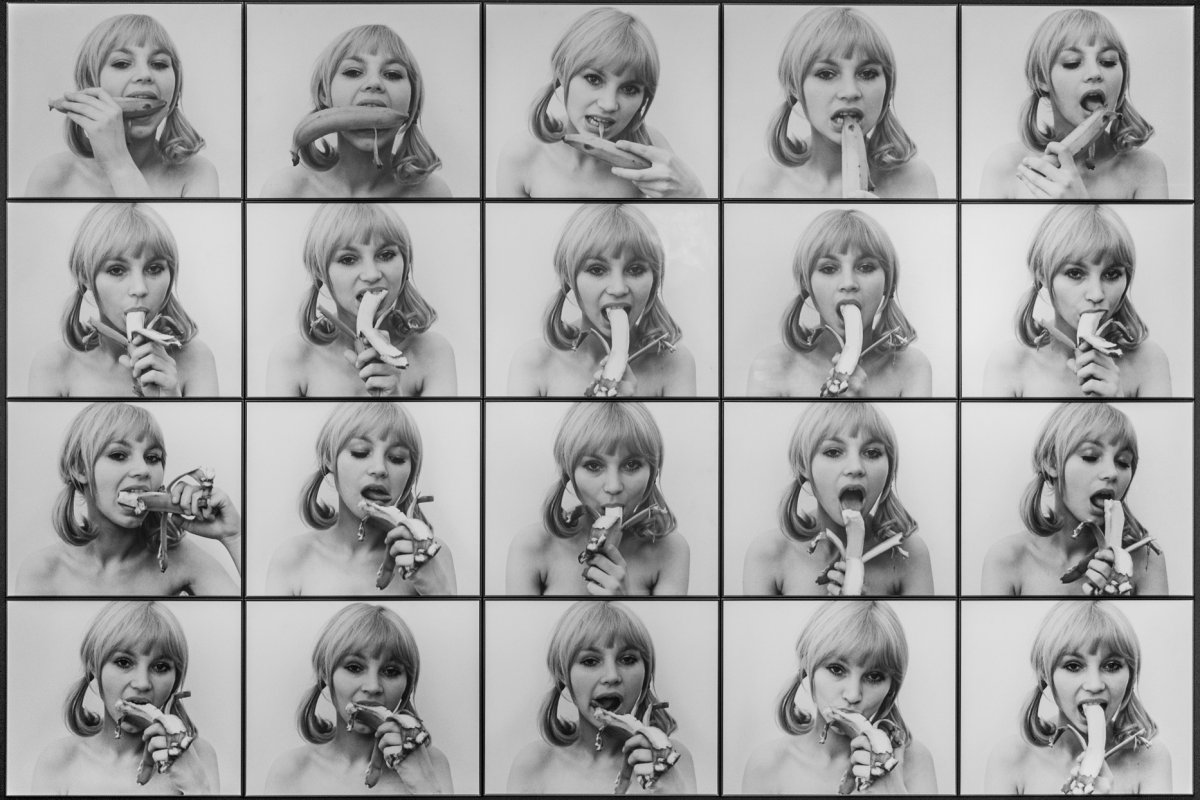
Image: Natalia LL, Consumer Art. 1973
On 28 May at 6 PM, as part of its non-formal education programme, the Evening School, the Latvian Centre for Contemporary Art invites to the season’s fourth reading workshop “Censorship”.
Although censorship is a hallmark of authoritarian regimes, freedom of expression in art and culture may be restricted also today. The most recent example is the removal of the classic of the 1970s neo-avant-garde, Natalia LL’s “Consumer Art” from the permanent display at the National Museum in Warsaw, commenting that there is no place for “presenting gender-related topics in a National museum.” After a viral social media campaign the art work was returned to the display.
Today, censorship appears as a radical intervention of power that regulates the eventing, the performance or the construction of the visible and its context and meanings, in an attempt to fence off, reclaim, i.e. reterritorialize the political space that it can manage, writes Lidija Marinkov. The framework of legal definitions, but more often of the ideological apparatus, especially in societies where censorship is not legally regulated, implies prohibitions that should protect the morals, religious dogma, national interests and nowadays, the security order. The power structure nowadays knows that by censoring an artwork, it doesn’t stop it from spreading, but rather makes it better known to the public with the attention that the act of censorship produces. What censorship does is take away the multilayered connections between its aesthetics and its political agenda, and leaves it only to be read through the lens of censorship. Censorship tries to speak louder than the artwork, using the artwork as the medium for speech.
Texts:
• Yazan Khalili, “Freedom of Speech, Fredom of Noise”. e-flux journal #97 – February 2019.
• Lidija Marinkov Pavlović, “The Return of the Political and Art Censorship”. Seismopolite. Journal of Art and Politics #20 – 2018.
https://www.seismopolite.com/the-return-of-the-political-and-art-censorship
To receive the texts, please email to: ieva.ast@gmail.com
The Latvian Center for Contemporary Art within its programme, the Evening School continues its 6th season – series of conversations, talks, discussions and reading workshops or non-academic and informal discussions about seminal texts, devoted to current issues of contemporary art as well as exploration of the recent past. This season highlights themes, related to the LCCA general event programme in 2019 – social utopias, geopolitical and cultural divisions, migration and politics of memory. The programme is curated by Ieva Astahovska; it takes place at the Latvian Centre for Contemporary Art, Alberta iela 13, and its events are free of charge. The project is supported by the State Culture Capital Foundation.